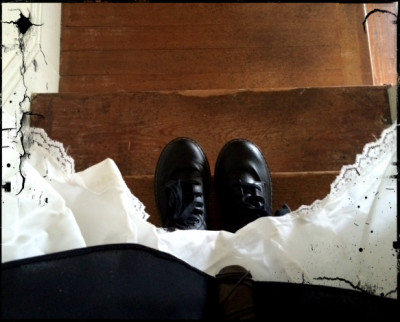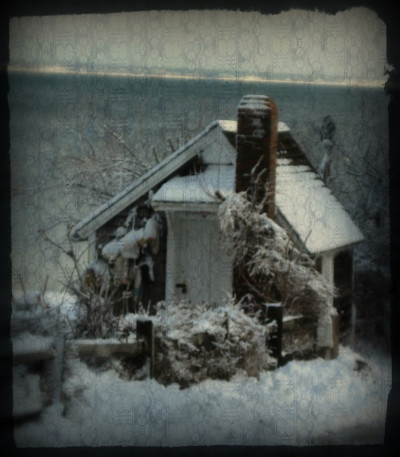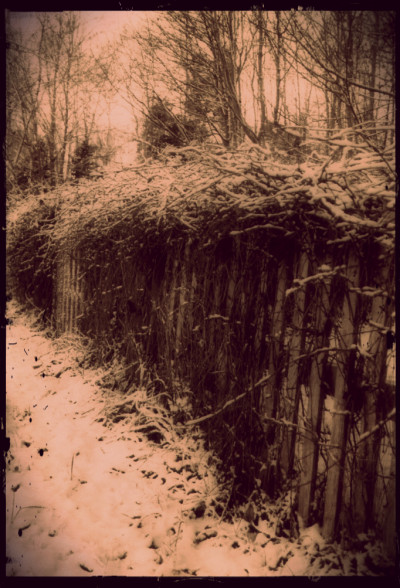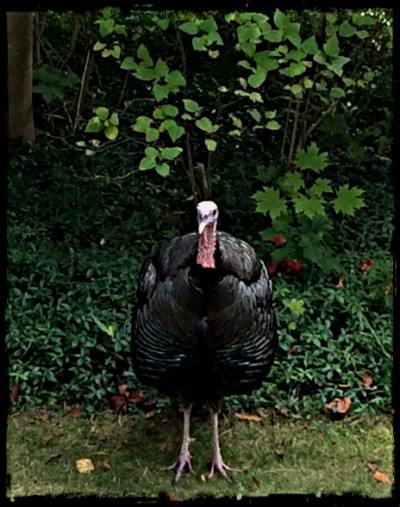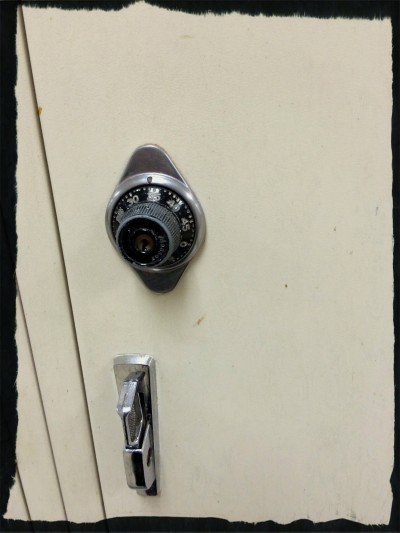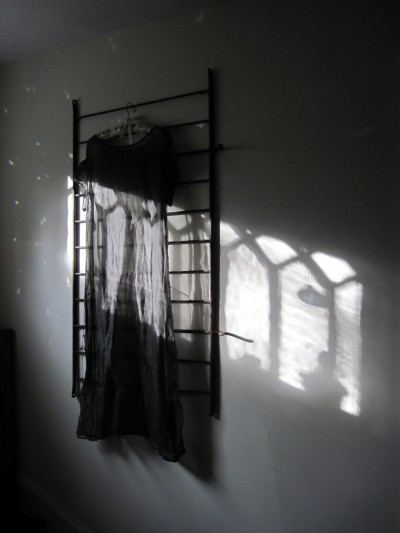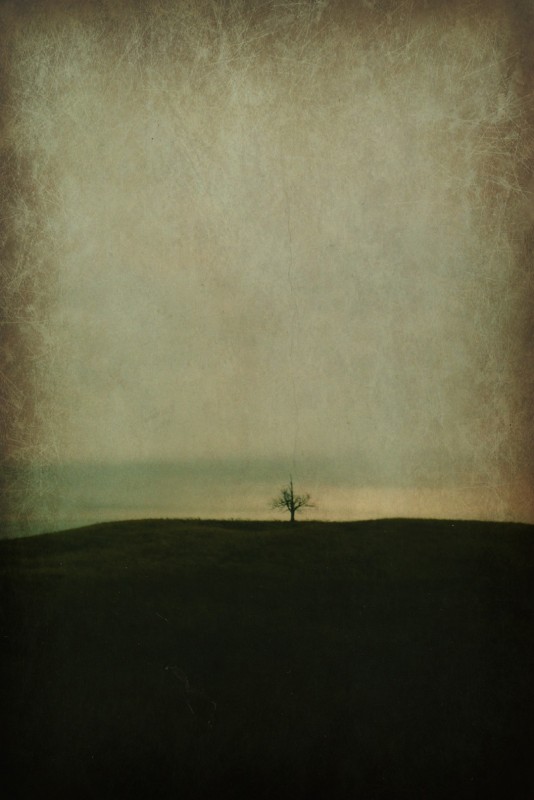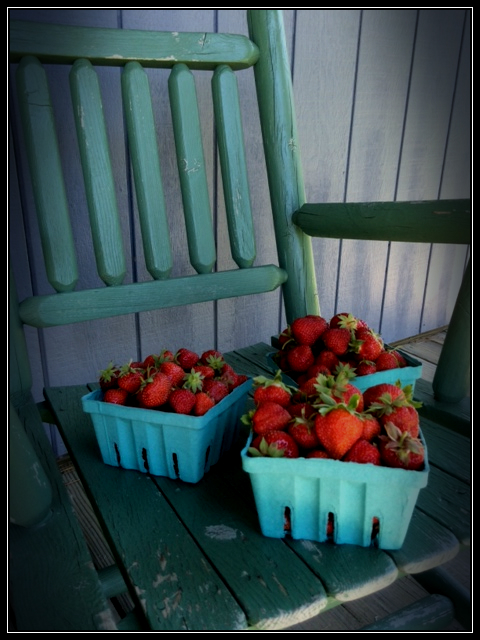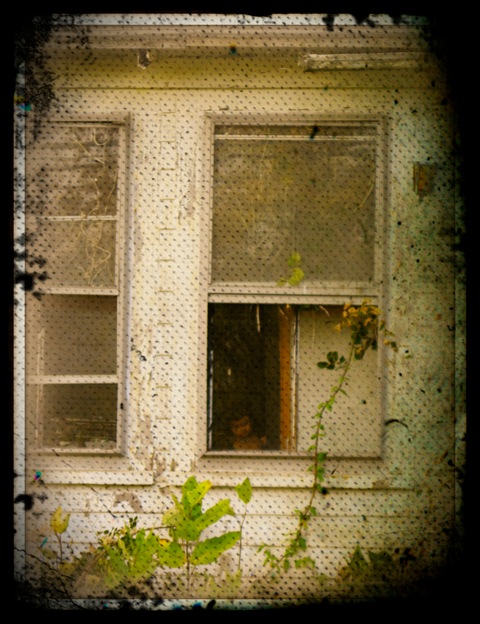Spring Forward
It has been a long, intense winter. A “Lady Macbeth Winter,” says a good friend. More snow is expected today on the first day of Spring, just a few inches to cover the forlorn, soot-covered drifts that line Main Street like the remnants of Armageddon. Enough though to wear through our threadbare patience, dash our incipient hopes.
I put my faith in the sun that has seared the ice near the roots of trees and the stones of cellars. The sun rising higher, hotter in the sky, heating up the storm door and soaking into my shoulders when I stand in the kitchen pool of it. A few days ago, while walking, I actually unzipped my coat and even saw a little chipmunk dart into a tunnel under a ledge of ice.
Still, it is hard to step into the cold air, breathe, relax. Hard to thaw the frozen knees. Hard to free the lively spirit that lies under the weight of the seemingly eternal snow. If you went to Florida or Arizona or your favorite Caribbean hideaway, you will not have to dig deep now to find your resolve. You will have missed this particular lesson.
There is something to be said for going through a New England winter. I think of the many acts of kindness: soup from my sister; waves from drivers passing by; plow-outs; lended roof rakes; ice dam repairs; and phone calls, just checking in. I think of random acts: an acquaintance gallantly shoveling out the end of the driveway where the monster plows hurl the snow and salted slush; the UPS driver drawing a smile on the face of every package; my neighbor standing on the icy doorstep, a yellow primrose in his hand.
I think of the sanctuary of libraries and the lights glowing in the windows along Main Street, the warmth of coffee shops, the steam from a baked potato, the comforts of a hot bath, flannel sheets, tea with cayenne, the little gas fireplace warming the breakfast room.
Say what you will about the hardships, there is a staunch camaraderie that emerges from the struggle with fierce blizzards and slick roads and frigid winds and mountains of snow and ice stacked a foot and a half above the gutters and water seeping through the ceiling. A relentless New England winter with a Lady Macbeth shadow affirms one thing we often forget in kinder days: we’re all in this together. Every one of us. No exceptions. None.
I’m putting my faith in that…and the sun.
